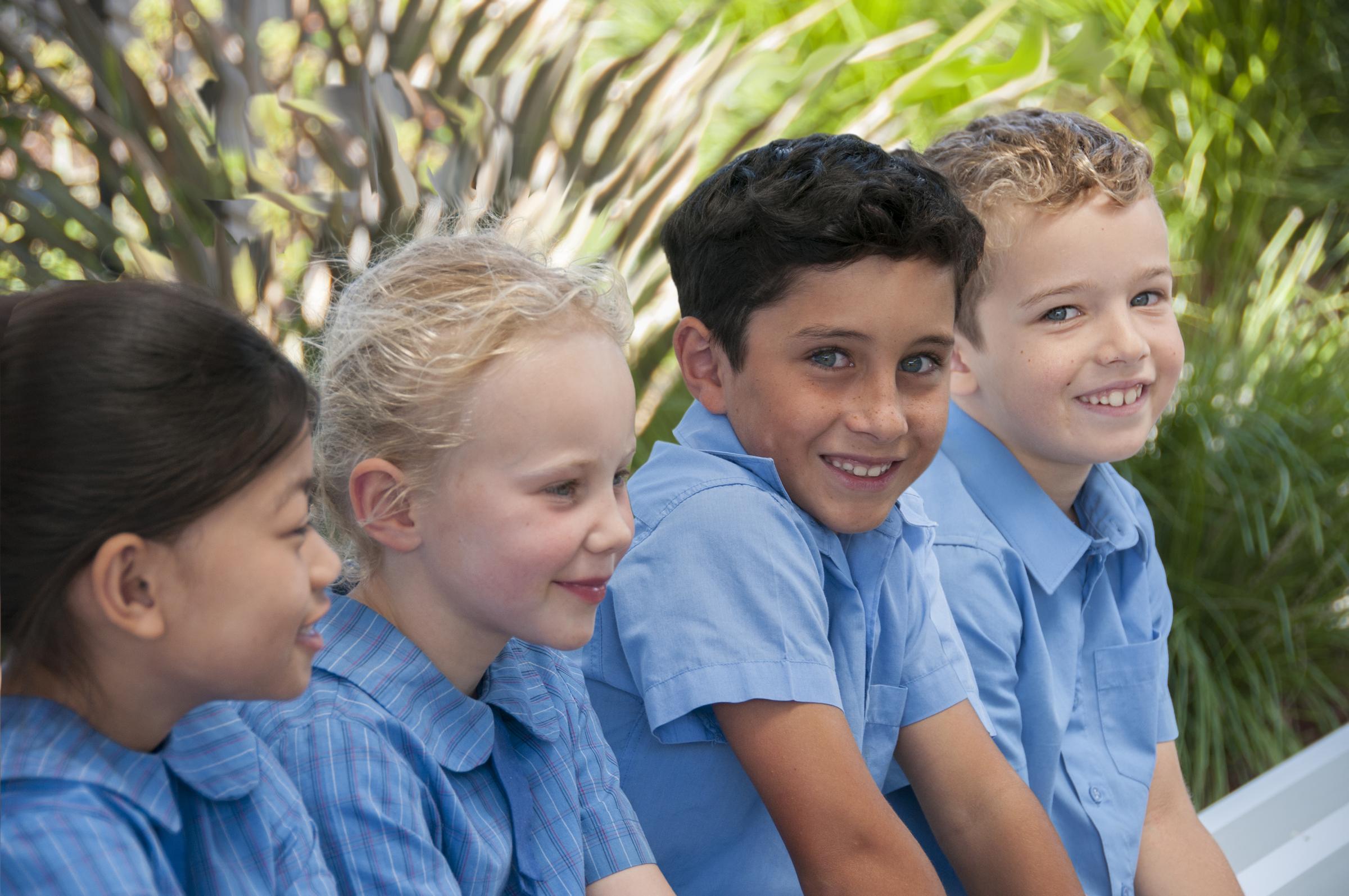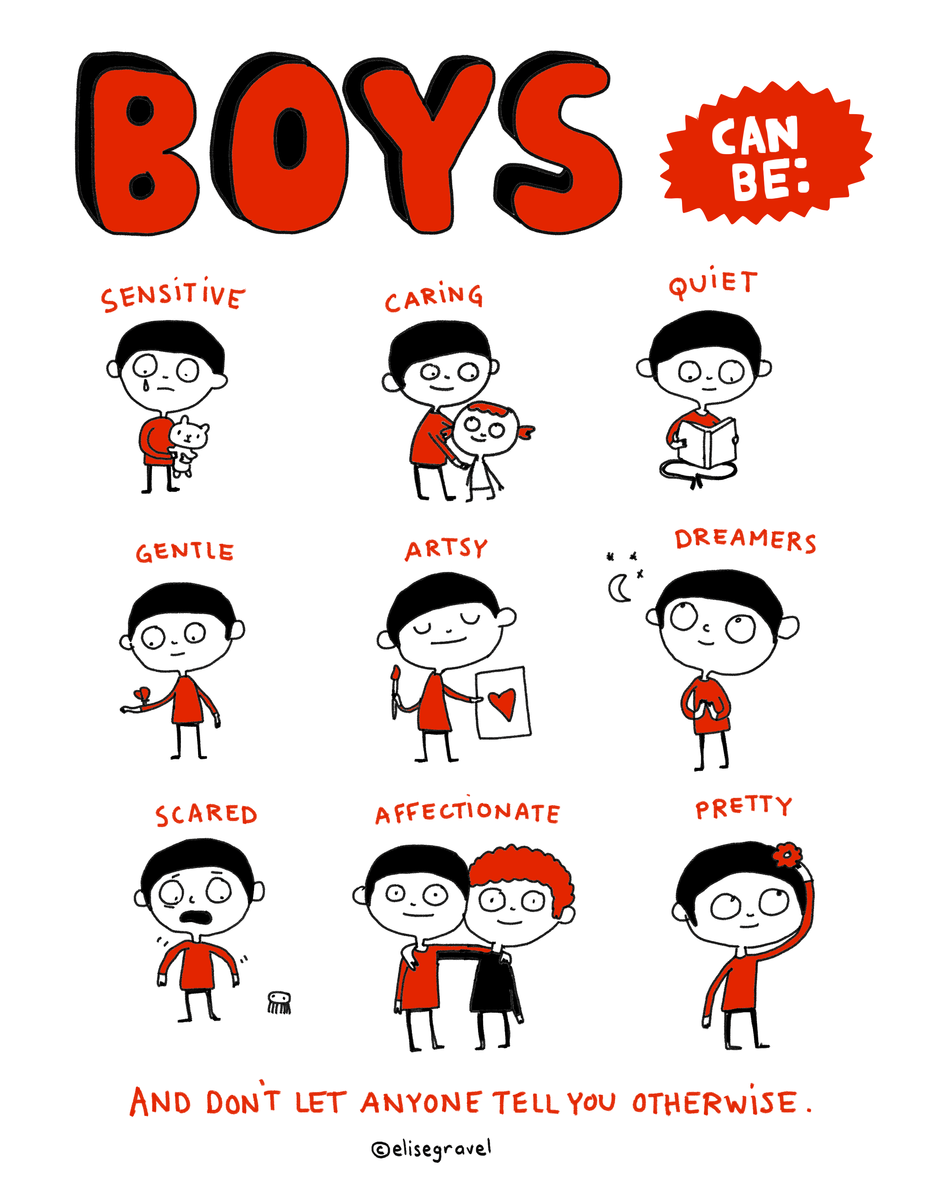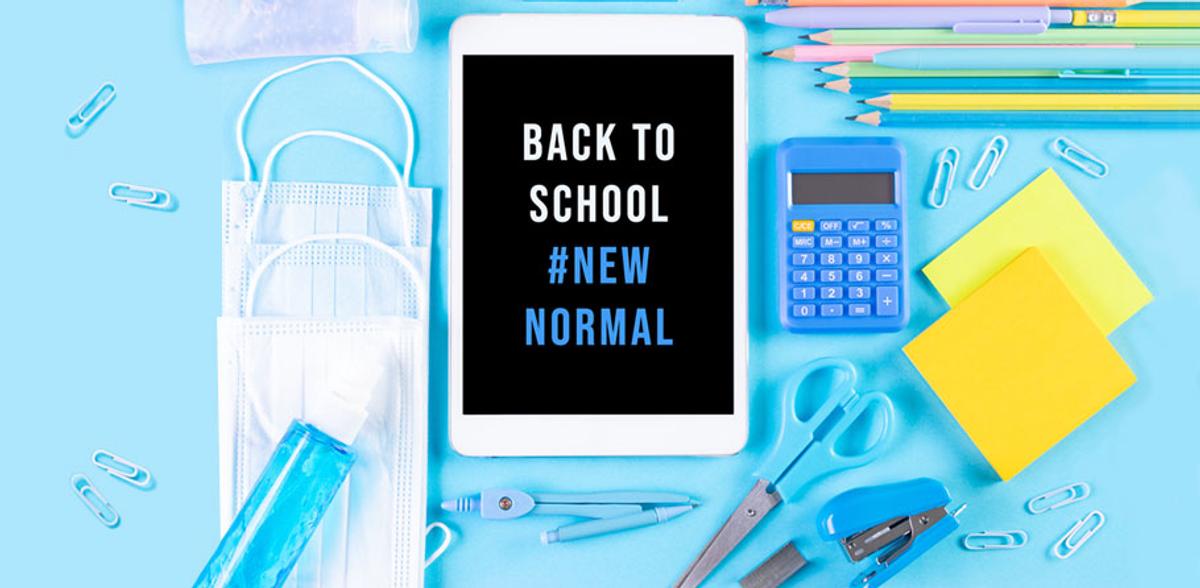Student Well-being

Spotlight: Year 3/4 Community
Topic: Violence and Gender Stereotypes
In the Year 3/4 Community, students have been learning about gender stereotypes. Students put on their detective hats and investigated different fairytales and other sorts of literature. They realized that boys always look tough, have big muscles and they ALWAYS get to be the hero whereas on the other hand, girls always look pretty, wear dresses and get rescued by a man.
We discussed the negative implications that these fairytales might have on the children watching them. We want everyone to challenge gender stereotypes! Boys can love pink, girls can be a hero, boys can do the dishes, girls can fix things, boys can like ballet and girls can play football!
This term, we are beginning to learn about violence. Students have begun learning about the different types of violence, what violence could look like, what to do if they experience violence, the impacts that violence can have on individuals and how to help the victims of violence.
Topic: Returning to School
After months of remote learning and a range of COVID-19 restrictions, children will finally be returning to school routines, classrooms, classmates, teachers, expectations and, in some cases, even new school settings. Amid the anticipation and excitement, many children are feeling, for some, leaving the home learning routine and environment may create anxiety for a range of reasons. Here are 6 tips to help your children feel prepared and supported.
1. Talk to your children about how they feel
It is important to encourage children to discuss their feelings about returning to school. If they feel anxious or worried, help them understand this is perfectly normal, and that you and their teachers are there to support them. Although it can be difficult, try not to share any anxiety you may be feeling with your children. Try to give them a non-judgmental and supportive place to share any worries. Younger children, in particular, may not always have the words to express their feelings, so try to find a way of bringing up the conversation without putting pressure on them – for instance when you’re playing with them or going for a walk. This can help them to open up naturally and identify what they’re worried about.
2. Pack right, pack light
Support children to understand the school procedures. It will be important for your child to understand social distancing and hygiene rules and, importantly, why they are in place. Read school communications with your child and make sure they are prepared and know what to expect when they arrive at school.
3. Familiarise yourself with school procedures and support your children to understand them
You’ll need to know where and when to drop children off and pick them up, as well as what parts of the school you can access. Your child will be expecting you at the end of the day so make sure you, or whoever is collecting them, are there in the right place at the right time. If your child travels home independently, make sure you, or another carer, is there to welcome them home and check-in about their day.
4. End of day emotions
For younger children in particular, a school day can require a lot of self-regulation or compressed behavior, which can lead to tired and emotional outbursts later on in the day. Given the length of remote learning and new school safety procedures in place, these emotions may be hard to cope with when they return home. It is a good idea to keep this in mind, and allow some time for ‘letting off steam’ by encouraging children to unwind and play outdoors.
5. Stay informed
Given the long absence from school, there may be a period of readjustment. Discuss and affirm familiar routines and school expectations regarding uniform, attendance and participation to help your child reconnect with their school community. There may be fresh challenges for your child, from working with new classmates to coping with their work and school expectations / ‘rules’. Try to stay informed about how they are getting on.
6. Sleep and rest
Your children may have been getting used to some unusual hours during the remote learning period and that may have extended into the school holidays. Make sure children are getting a good night’s sleep for their return to school. It might mean introducing some earlier bedtimes than they have had recently and limiting screen time. A good night’s rest will help them cope with the return to school and the new routines they will be adapting to.
For more information, click on this link for a really helpful video for helping your children to transition back into school smoothly.
https://schooltv.me/wellbeing_news/special-report-coronavirus-transition-back
Stay safe and looking forward to seeing you all soon!
Haylea Anderson
Student Wellbeing Leader




